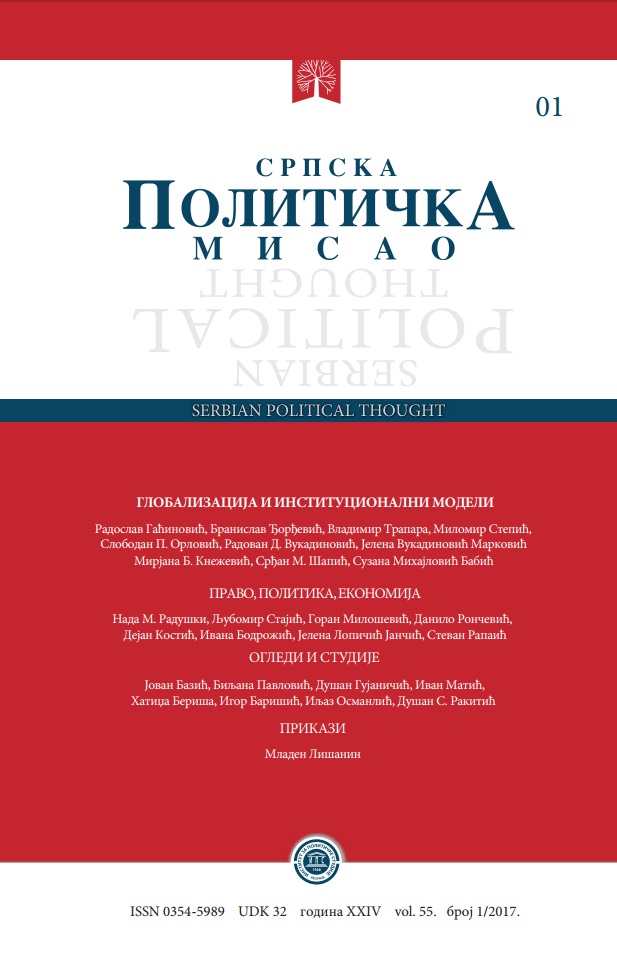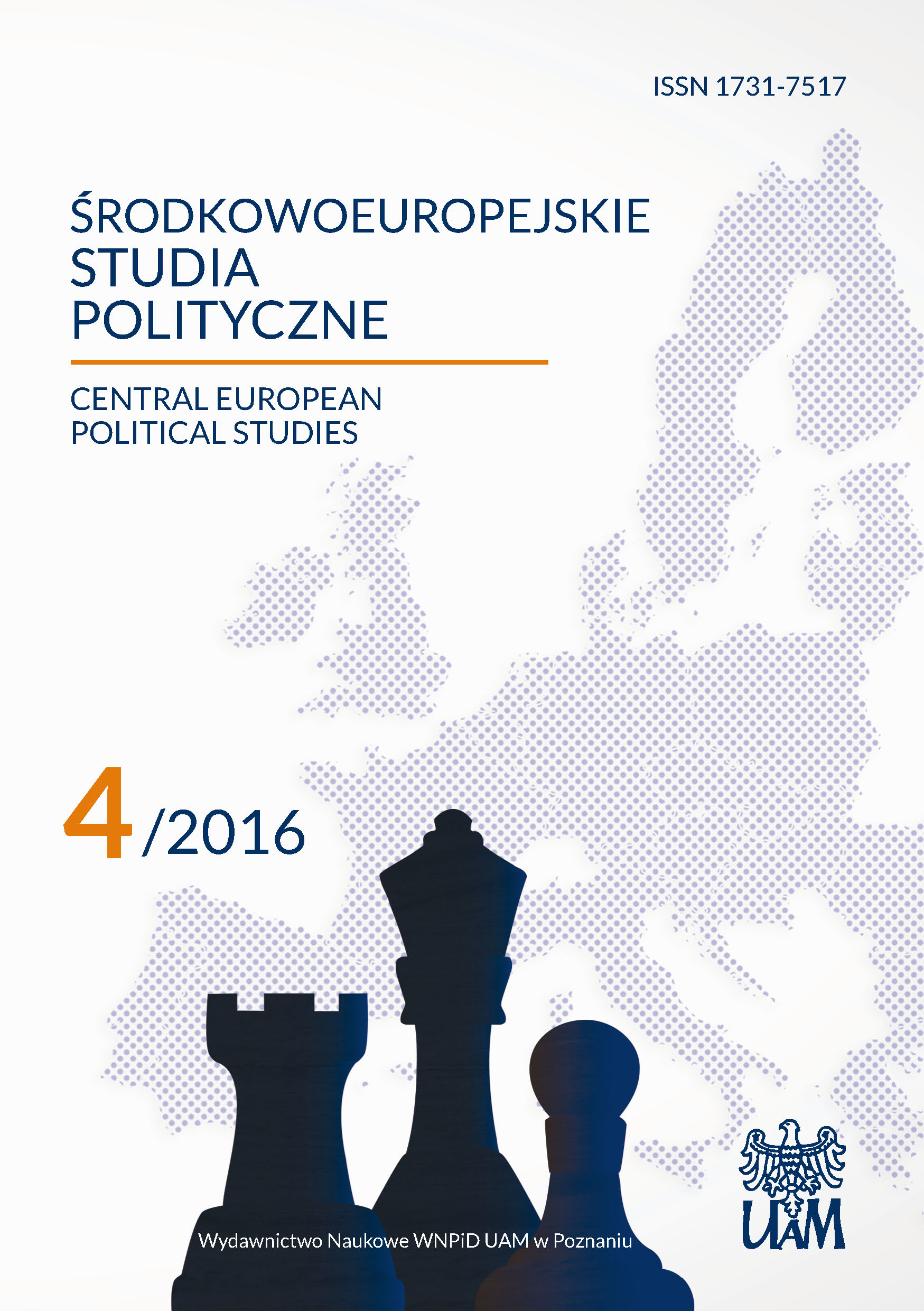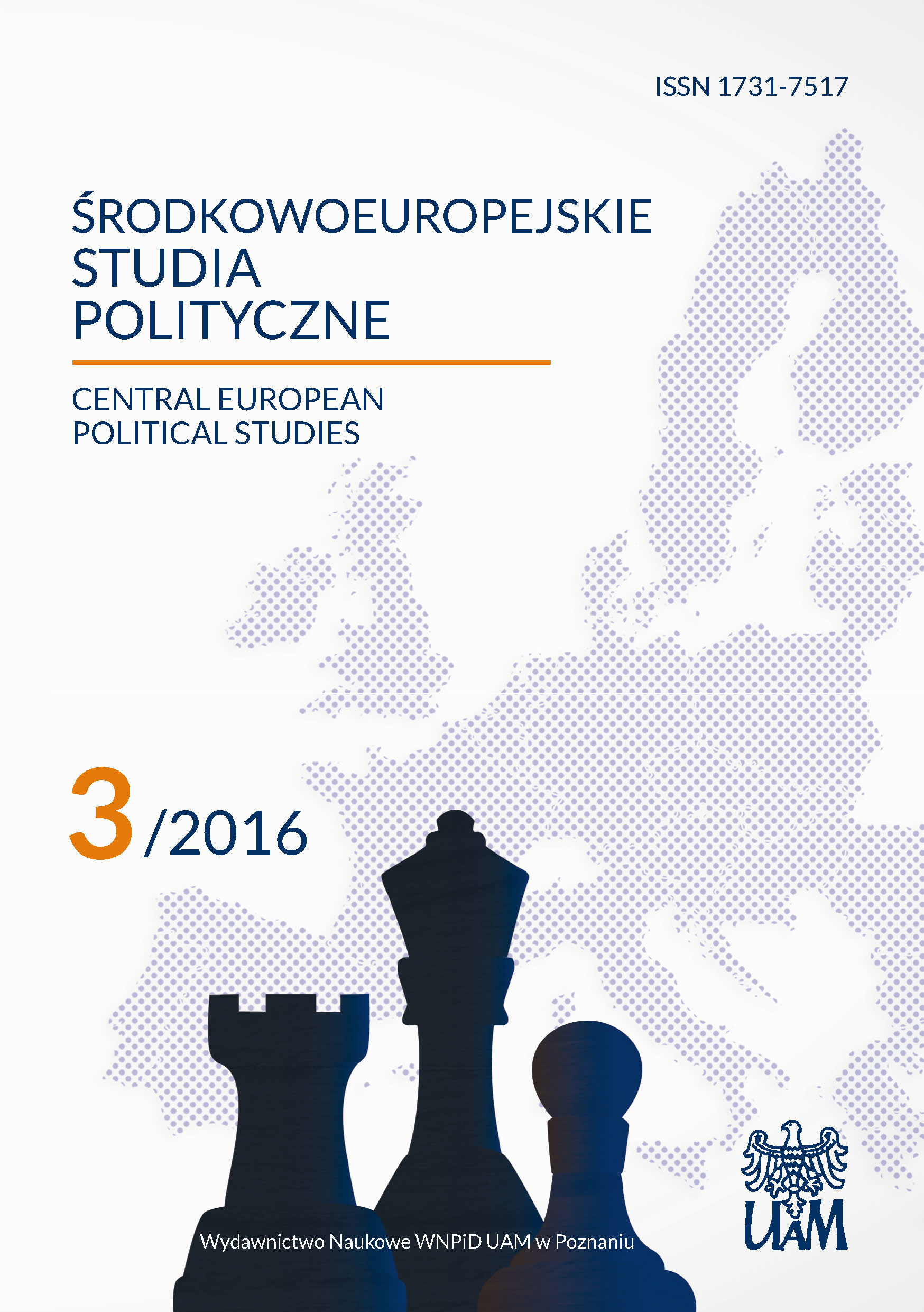
Svjetskopovijesni smisoa demokracije i predstavništvo naroda
The author explores the world-historical significance of democracy through the ways in which Greek direct democracy has been interpreted in the works by Cr. Meier, J. Bleicken, and D. Sternberger. The significance of the representation of the people is discussed by him through the example of contemporary representative democracy as interpreted, in the first place, by E.-W. Böckenförde, in the sense of a modern constitutional state and the state form of government. The point of the study is to examine the mutual relationship of democracy and representation today and to inquire on which socio-cultural, institutional, political, ethical, and historical presuppositions the political life and the citizens’ activity in a contemporary social and democratic state of law and order are actually based. With the help of Hegel’s and Husserl’s philosophy of history the author poses the question whether one can envisage some world-historical continuity both in the history of philosophy and in the political history understood as constitutional history and as world history. In these terms Athenian democracy acquires its full world-historical significance in the time of modern individualism as well - to the extent to which the modern citizen in a state possesses the right and the possibility not only to vote on questions formulated for him by political functionaries and representatives but also on his part to submit proposals and to initiate the examination and the solving of topical questions of communal living. In this way only do democracy and politics acquire their genuine significance in terms of political activity and participation by the citizens in the life of the state on the level of contemporary world history.
More...









